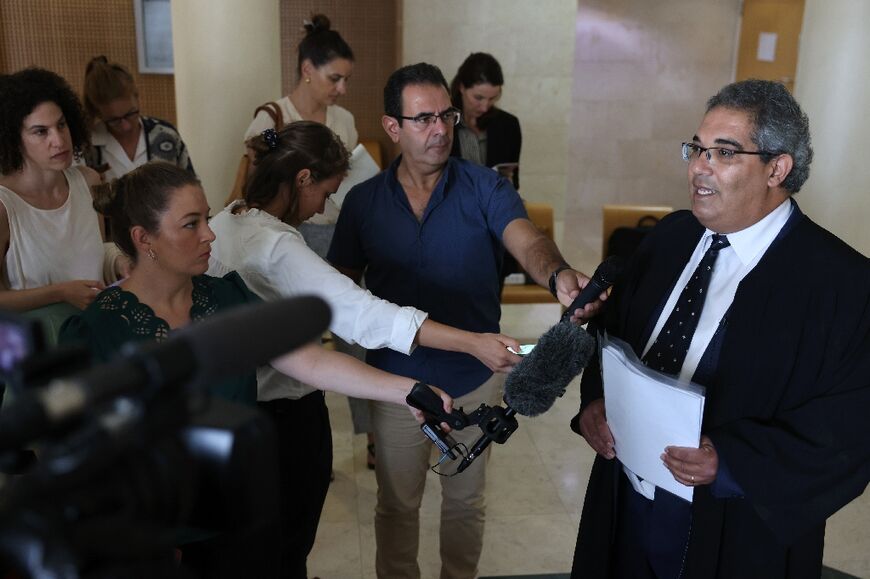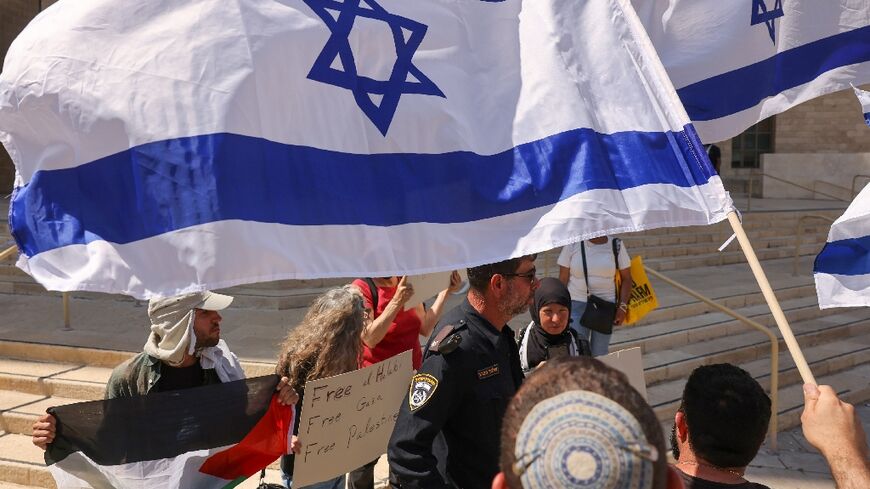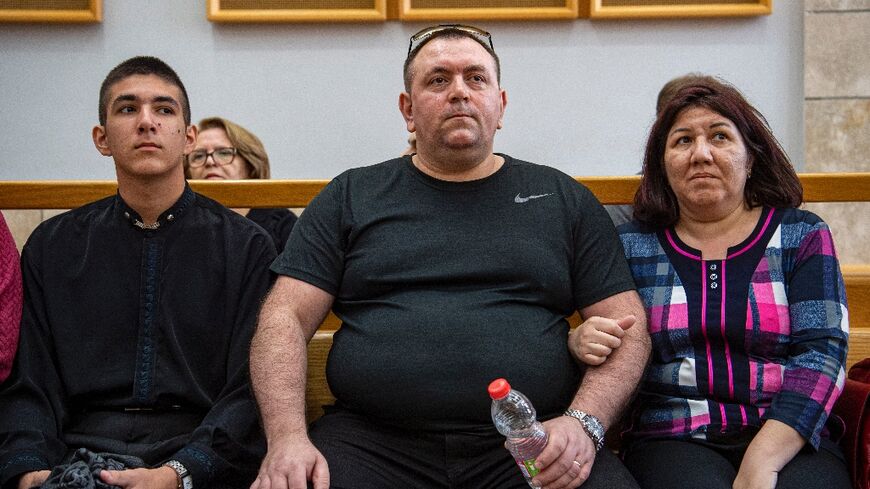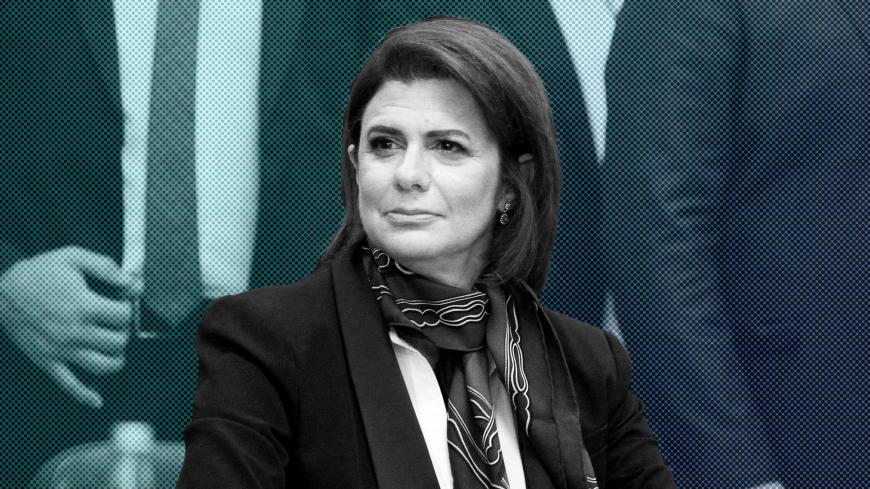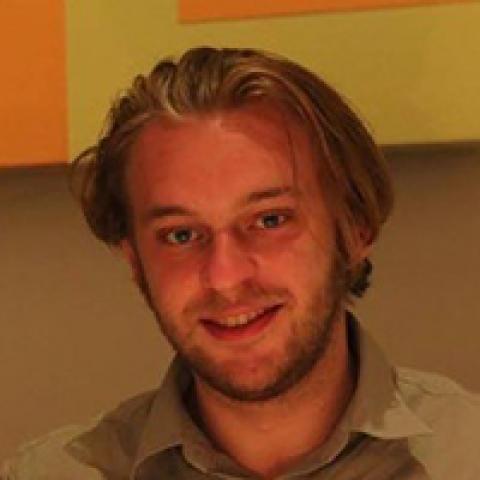Israel sentences World Vision ex-Gaza chief to 12 years for aiding Hamas
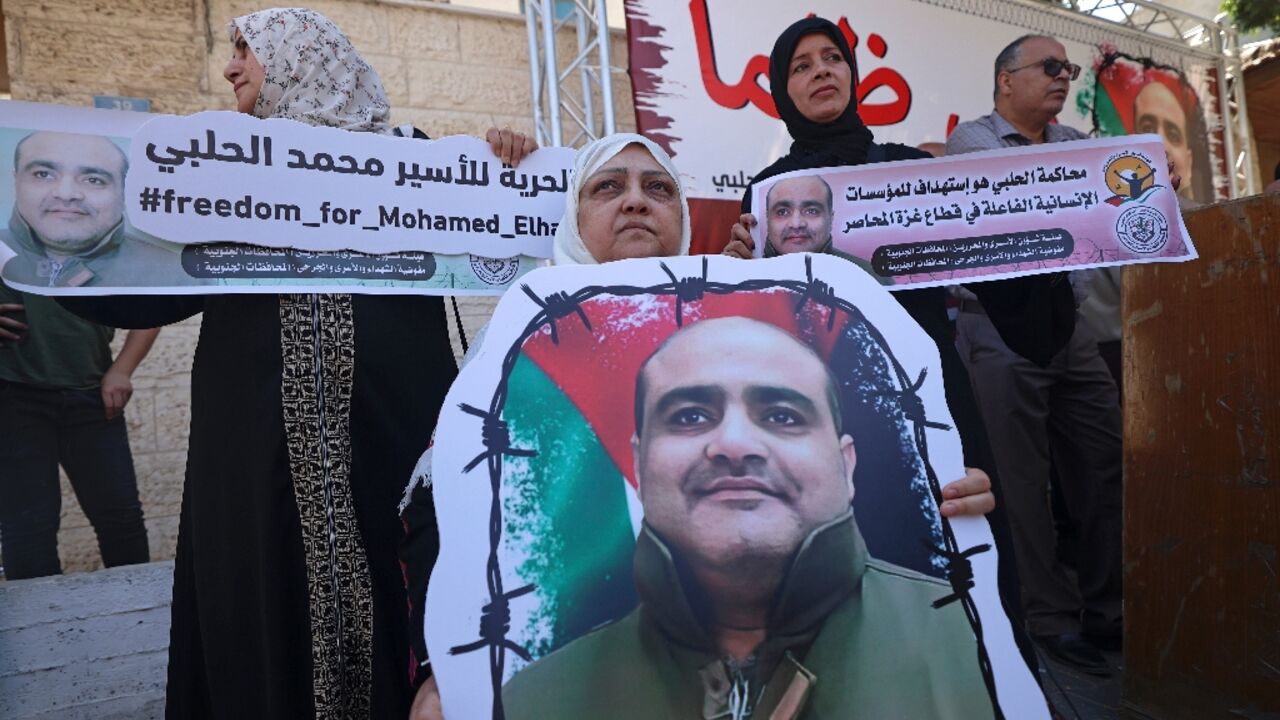
An Israeli court on Tuesday sentenced the former Gaza head of a major US-based aid agency to 12 years in prison for funnelling millions of dollars to Islamist group Hamas.
The Beersheba district court in southern Israel issued a sentence of "12 years' prison time, less the detention" already served for World Vision's Mohammed al-Halabi.
The court had ruled in June that Halabi was guilty of siphoning off millions of dollars and tonnes of steel to Hamas, which controls the Palestinian enclave.
Halabi, who was arrested in June 2016 and indicted in August that year, has denied any irregularities throughout his past six years in detention.
His lawyer reiterated his claim to innocence following Tuesday's sentencing.
"He says that he's innocent, he did nothing and there is no evidence," Maher Hanna said. "On the contrary, he proved in the court above any reasonable doubt that he made sure that no money will be (given) directly to Hamas."
According to Hanna, if Halabi had admitted to wrongdoings, he would have been released.
"But he insisted that truth also has value. And for his personal values and for the international humanitarian work values, he insisted on the truth, and he cannot admit a thing that he did not do," the lawyer said.
- Secret evidence -
Hanna said they would appeal the verdict to the supreme court.
The Israeli prosecution said it was also considering an appeal.
"These are very severe deeds, the defendant funded terror with millions of shekels, helped strengthen the Hamas tunnel network," said Moran Guez of the southern district attorney's office.
"We asked for 16-21 years prison. We'll read the sentencing and consider our actions," she told reporters.
Halabi had been convicted of membership in a terrorist group -- Hamas -- and of financing terrorist activities, of having "transmitted information to the enemy" as well as the possession of a weapon.
Much of the evidence against him was kept secret, with Israel citing "security concerns", prompting his legal team to question the verdict's legitimacy.
In its sentencing, the court said Halabi had joined the military wing of Hamas in 2004, and was "planted in World Vision" the following year.
The court said that besides 12 tonnes of steel and other materials provided to Hamas for their tunnels and positions, he also handed over "millions of dollars" of World Vision's money "to fund terror".
The 12-year sentence was also meant to deter Gazans working in international aid groups from aiding Hamas, according to the court.
"There are huge amounts of money that if they reach terror organisations, will contribute to strengthening the terror regime in Gaza," the sentencing said.
- 'Injustice' -
World Vision, a US-based Christian charity with almost 40,000 employees globally, said the sentencing was "deeply disappointing".
Its spokesperson Sharon Marshall stressed her objection to "any form of terrorism or activities that support terrorism," saying the organisation does not see "any evidence of those things in this case."
"We fully support Mohammed's intent to appeal the verdict and the sentence in this case, and we call for a fair and transparent process at the supreme court," she said.
Marshall added that she hoped World Vision's humanitarian assistance would be able to continue unabated in the region.
In Gaza, Halabi's mother described the anguish of following what she called an unjust trial.
"I felt like I was having a nervous breakdown, and I was screaming," Amal al-Halabi told AFP.
"This is injustice. Where is the international community and where are Mohammed's human rights?"
Omar Shakir, Israel and Palestine director at Human Rights Watch, called the 12-year sentence a "profound miscarriage of justice," with the six-year trial and use of secret evidence constituting a "mockery of due process".
"He should long ago have been released," Shakir said.
The United States said it "noted UN and NGO concerns about fair-trial guarantees" but stopped short of commenting on the sentence.
"We have expressed to Israel our deep concerns over the length of his trial," State Department spokesman Vedant Patel told reporters.
Following Halabi's arrest, the Australian government, a major donor to World Vision, announced it was freezing funding to projects in the Gaza Strip.
A subsequent Australian government probe found no evidence of embezzlement.


